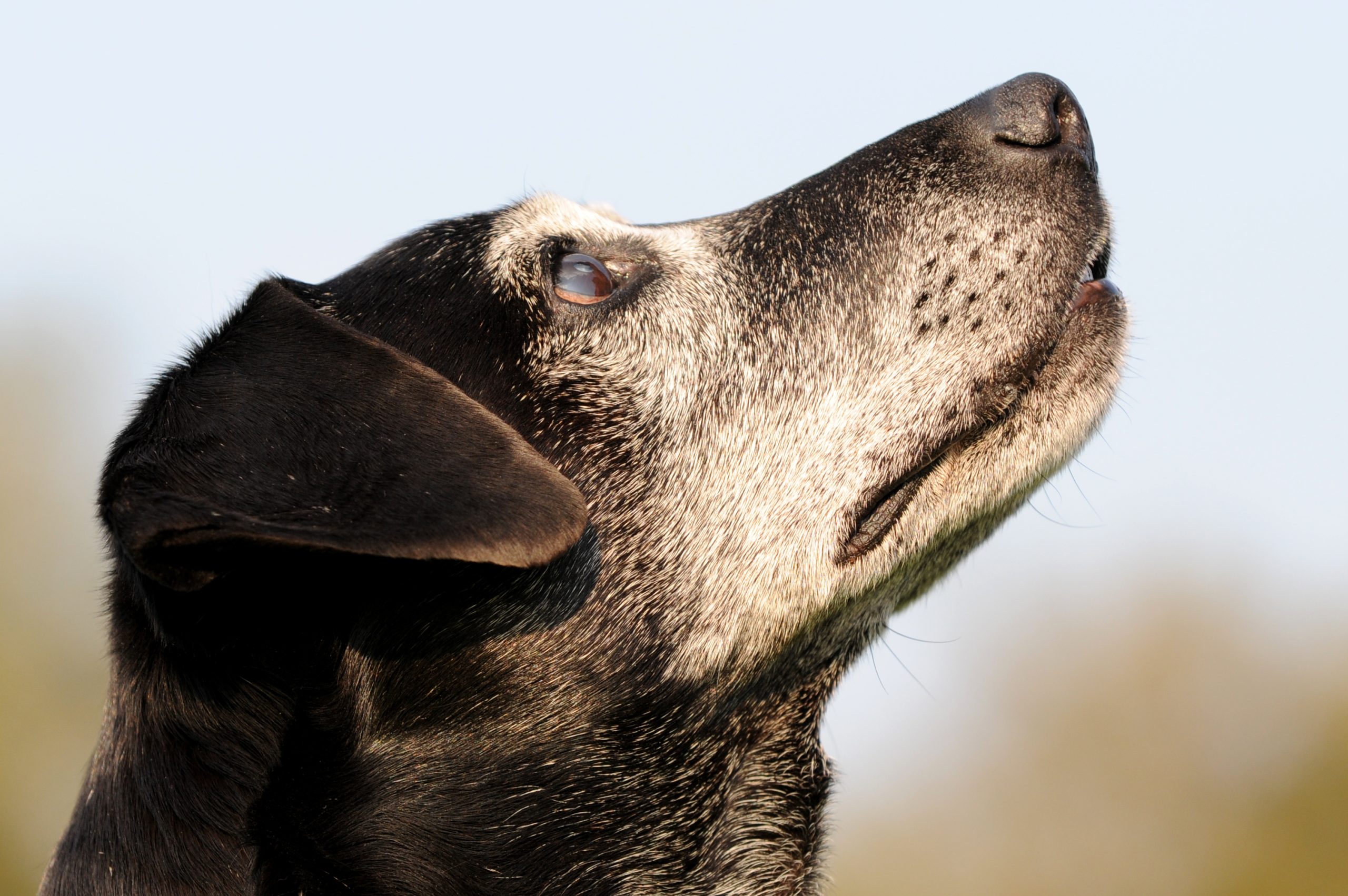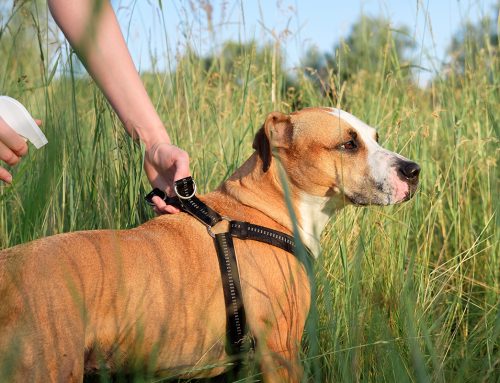In a perfect world, our pets would remain forever young, energetic, and healthy. However, time passes for every living being. As your pet ages, they will likely require special care to maintain their health, well-being, and overall quality of life. Senior pets, including those with medical conditions and hearing or vision impairments, can live happy and comfortable lives with the right attention and adjustments. Our Aloha Animal Hospital team provides tips to help you care for your aging four-legged friend.
Senior pet care
While growing older is not a prescription for disease, most senior pets have decreased energy and an increased need for supportive care, such as nutrition and exercise changes. Older pets often require the following support:
- More frequent veterinary visits — You should schedule bi-annual exams with our Aloha Animal Hospital team to monitor your pet’s health and catch issues early. During these exams, our veterinarian will customize your pet’s dietary plan, exercise regimen, and disease management based on their medical history and age. These exams also allow you to ask questions about your pet’s health and daily care needs.
- Balanced diet — Feed your pet a diet tailored to senior pets, which often includes lower calories and higher fiber. Pets with joint conditions, such as arthritis, usually benefit from joint health supplements, such as glucosamine and chondroitin. Discuss these options with our team before giving your furry friend supplements.
- Healthy weight — Keeping your senior pet at a healthy weight and an appropriate body condition score is important. Obesity can exacerbate health problems such as arthritis and diabetes. Regularly monitor your pet’s weight, adjust their food intake, and exercise them as needed. Consult with our team on the appropriate amount of exercise.
- Dental care — Many senior pets often struggle with dental disease, which can impact the heart, liver, and kidneys. Brush your pet’s teeth daily or several times weekly at a minimum, and provide dental chews. Schedule professional dental cleanings to remove plaque and tartar, which contribute to periodontal disease.
- Comfortable living environment — Provide soft bedding or an orthopedic bed to support your furry pal’s aging joints. Many older pets are sensitive to hot and cold temperatures, so ensure your home is temperature-regulated and free from drafts, or move your pet’s bed away from doors and windows.
- Mental stimulation — To enhance cognition, engage your pet with interactive toys, challenging games, and puzzle feeders. Take time in your day to play games that challenge their minds, such as hide-and-seek with treats.
Caring for deaf pets
Many older pets become hearing impaired or deaf, but they can still enjoy a fulfilling life if you take steps to ensure their safety and comfort. Consider training your pet to follow hand signals instead of verbal commands. Maintain eye contact and use exaggerated facial expressions, which will teach your pet to look for facial and physical cues. Keep your furry friend safe outdoors by always leashing them while walking and ensuring the backyard is securely fenced to prevent them from wandering off.
Caring for visually impaired pets
As pets grow older, their eyesight and visual acuity may be impacted. Help your pet by not rearranging furniture and keeping pathways clear, ensuring a familiar environment. Use non-slip mats and runners to help your pet navigate. Place scent markers or textured rugs to indicate specific areas, such as their food bowl or bed. Frequently provide comfort and guidance, and ensure your verbal cues that signal commands and boundaries are consistent.
Caring for pets with cognitive dysfunction
Cognitive dysfunction, often seen in senior cats and dogs, requires patience and understanding. Pets with cognitive disabilities can become disoriented, change sleep patterns, and alter their behaviors, which can be challenging. Establishing routines, providing a comfortable environment, and maintaining mental stimulation are crucial. Regular veterinary check-ups are also essential to monitor progression and adjust care plans. Above all, maintaining your strong bond with love and reassurance will help you manage your pet’s cognitive decline.
Caring for senior pets, including those who are deaf, visually impaired, or have cognitive decline, requires patience, understanding, and adjustments. But, tailored care and a safe, stimulating environment will help your aging companion enjoy their golden years to the fullest. Contact our Aloha Animal Hospital team for specific advice and to address any of your beloved senior’s health concerns.







Leave A Comment